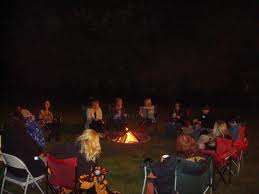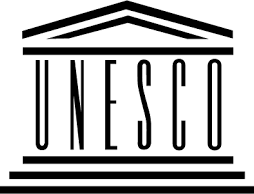Social Justice Issues and the Valuation of People as Knowledgeable
In this article I am going to try and identify certain social justice issues involved with valuing the individual outside of the formal education context. I will be dealing with the premise of what a just society is, and suggesting that if a person has some knowledge which is prevented from being valued then they are being excluded from society. Their being is withheld from acknowledgement, and by virtue of that, their liberty is taken from them as they are prevented from engaging in and with a community of peers. Read more…








